The equine obesity epidemic: what can you do to help?
“No matter what your role is, what are you going to change, to help in this obesity epidemic?”
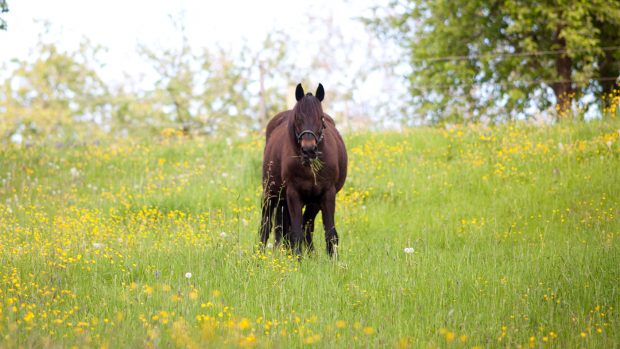
“No matter what your role is, what are you going to change, to help in this obesity epidemic?”

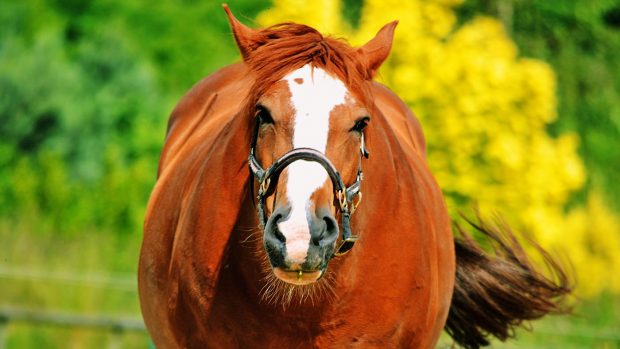
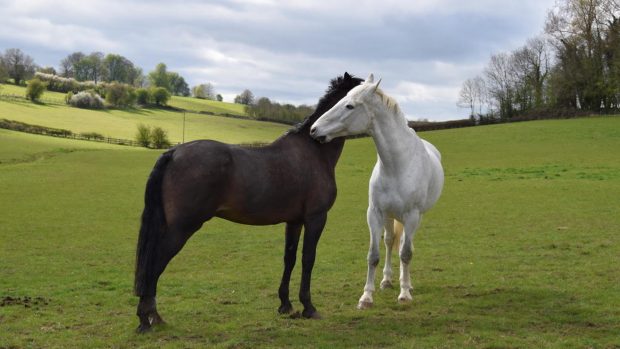
IT is hoped the research has provided information to help in the fight against obesity
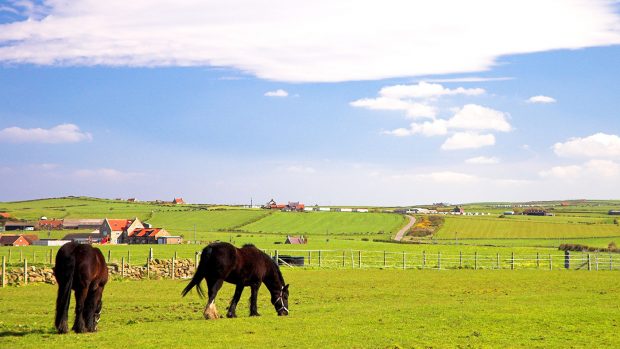
A combination of factors has led to favourable conditions for laminitis to develop — and all horses and ponies can be at risk
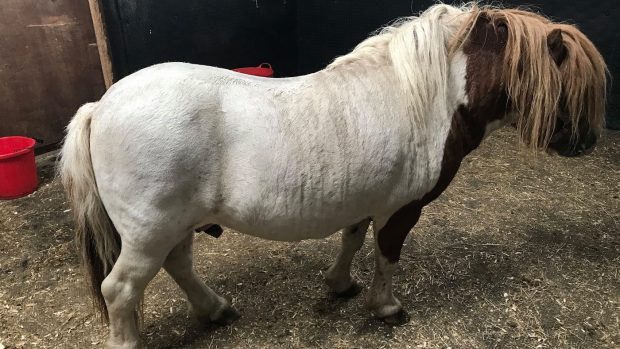
‘The majority of the time I respond to equines who are underweight. In an extreme contrast, these three are so overweight that we needed to act immediately to ensure we put an end to their suffering’
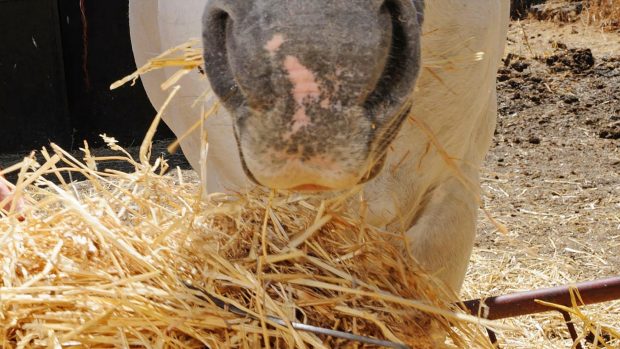
‘We hope the success of the trial means this research will go on to help even more ponies’
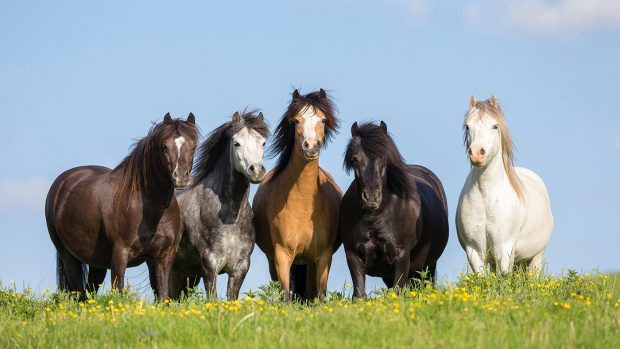
Britain’s native ponies have evolved to thrive in harsh conditions, but they suffer their share of health problems. Andrea Oakes discovers what to look out for.

‘We want to help recalibrate people’s ideas of a healthy weight’
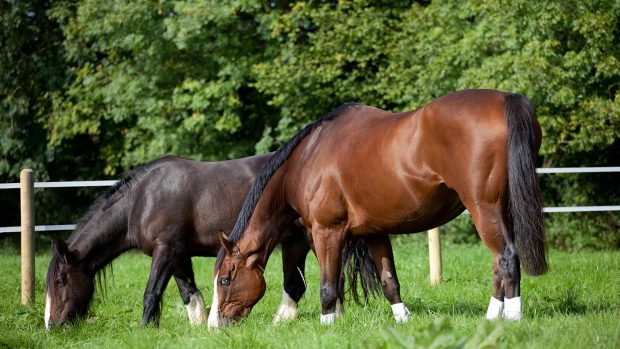
Horses evolved to graze on rough grass, yet modern pasture is like rocket fuel, explains Caroline McGregor-Argo MRCVS
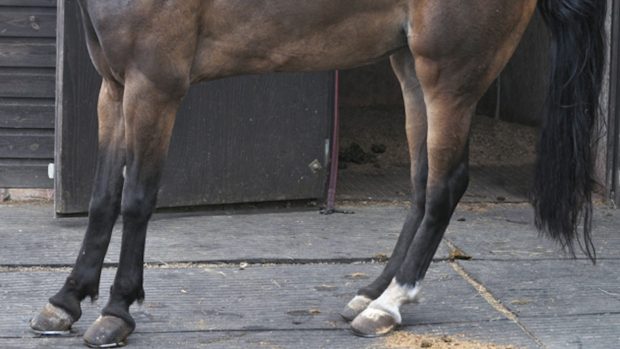
It was also found that some management strategies, such as restricting grazing, increased the laminitis risk

The owner is urging others to take action on overweight horses

The issue was discussed at the World Horse Welfare conference this month

With the autumn flush of grass coming through, the National Equine Welfare Council (NEWC) has released guidance on how to use grazing muzzles responsibly

A new way to monitor body fat in horses has been developed to assist weight loss in equines

Alarming trend of expanding equine waistlines detected by latest survey

UK owners think that horses are getting heavier and studies show that cases of equine obesity are rising

The myth that laminitis only affects obese ponies is one that vets and research bodies are working hard to dispel

A new study suggests that reducing turnout to restrict a pony’s grass intake may be pointless

Half our horses could be obese — and many owners are blind to the problem. So found a recent study by University of Nottingham’s School of Veterinary Medicine and Science